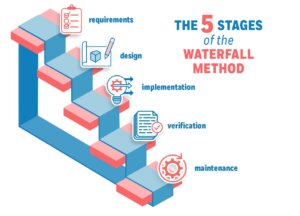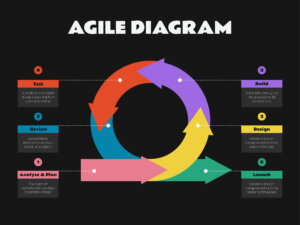Your client’s perception of project “success” is the basis from which your client concludes, for example, whether the project of high quality, that money paid to you was well spent, that you did a good job as a consultant, and whether you might be hired again (if you are an external consultant). Early in the project, it is important for you and your client to discuss how to determine the success of the project.
Unfortunately, determining whether a project was successful or not is not nearly as easy as it might seem because there are numerous perspectives on what is project “success.” Therefore, it is important to consider all of these perspectives, especially about a complex – and usually changing – project. Consider the following possible definitions of what might be considered as “success” in your consulting project, and work with your client to select one or more.
1. Desired outcomes and results listed in the project agreement are achieved?
Both you and your client should somehow specify the overall results that the project is to achieve. Ideally, the results are described in terms such that you both could readily discern if the results were achieved or not. This outcome is often a measure as to whether the project was successful or not.
2. The client’s problem is solved?
More times than people realize, the originally specified project results have little to do with actually solving the most important problem in your client’s organization. That occurs because, as you and your client work together to examine and address their overall problem, you both realize that there is a more important problem to address. At that time, it is wise to change your project plans if both of you agree. Discuss the new results that you prefer and how you will know whether or not they are achieved.
Still, later on, your client might believe that any agreed-to results that were achieved from the project were not as important as addressing any current, unsolved problems, so your client might still conclude that the project was not as successful as it should have been. Or, your client might believe that any achieved results were actually more useful than addressing the original problem that you discussed, so your client might still conclude that the project was highly successful.
3. The project is finished on time and within budget?
Often, your client has limited resources in terms of money and time. Therefore, any project that did not require more time and money than expected might be considered successful. That might be true, especially if your client has the philosophy that there are always problems to be solved in any organization and that the project was done as best as could be done.
4. You and your client sustain a high-quality, working relationship?
The quality of your relationship with your client is often directly associated with what the client perceives to be the quality of the project. In a highly collaborative approach to consulting, you want your relationship with your client to be as open, honest and trusting as possible. The nature of the relationship supports your client’s strong, ongoing commitment and participation in the project itself, which, in turn, helps to ensure that the project effectively addresses problems in their organization.
5. Your client learns to address similar problems by themselves in the future?
This outcome should be one of the major goals for any consultant. However, the exact nature of the problem may never arise in the client’s organization again, so it is often difficult to assess if the client has learned to solve that problem. Also, few consultants are willing to scope a project to the time required to assess whether a client really can solve the same type of problem in the future.
6. Your client says that they would hire you again (if you are an external consultant)?
One of the most powerful outcomes is that you both are willing to work with each other again. One of the ethical considerations for any consultant is to avoid creating a dependency of the client on the consultant – where the client cannot capably participate in the organization without the ongoing services of the consultant. However, it is not uncommon that the client strongly believes that the quality of the relationship with the consultant is as important as the consultant’s expertise. The client might choose to use that consultant wherever and whenever they can in the future.
7. You get paid in full?
This perspective might sound rather trite. However, you might feel good about the quality and progress of a project only to conclude, later on, if you have not been paid as promised, that the project was not successful.
What do you think?
—————————
For more resources, see the Library topic Project Management.
———————————————————————————————–
Carter McNamara, MBA, PhD – Authenticity Consulting, LLC – 800-971-2250
Read my weekly blogs: Boards, Consulting and OD, Nonprofits and Strategic Planning.
 Sections of this topic
Sections of this topic













